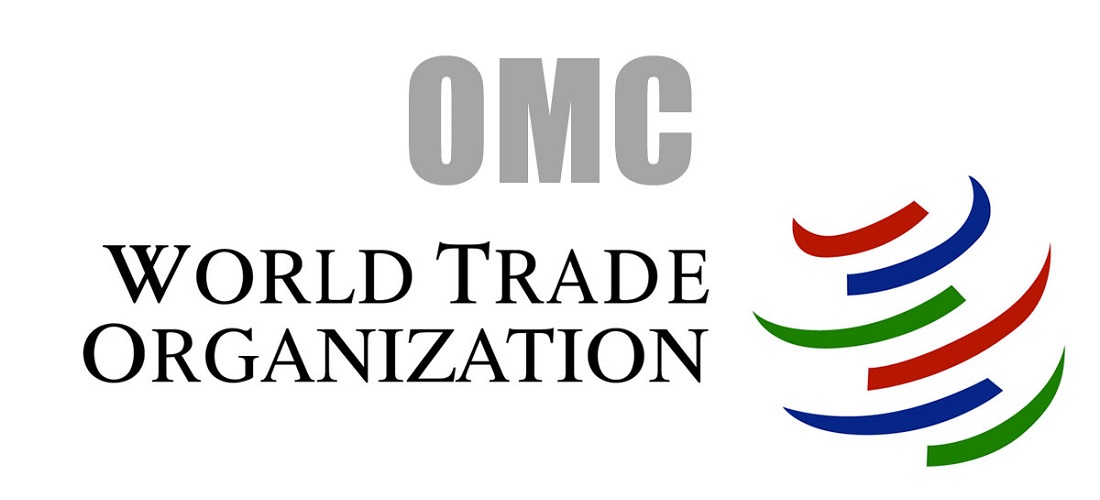
WTO assesses Brazil’s dependence on commodity exports
Nov, 28, 2022 Posted by Gabriel MalheirosWeek 202247
Brazil’s integration into the global economy has grown in recent years. Still, its exports are increasingly concentrated in commodities, and imports are dominated by industrial goods, according to the World Trade Organization (WTO) assessment of Brazilian trade policy.
WTO periodically examines the country’s policies, focusing not only on trade flows. This time, the international multilateral organization points out that the Brazilian economy has been reopening, with the share of exports and imports of goods and services in the country rising from 24.3% of the Gross Domestic Product (GDP) in 2017 to 39.2% in 2021.
In the case of export sales, they are becoming increasingly concentrated in primary goods, such as plant-based products, live animals, and oil and mineral products. Between 2017 and 2021, the share of oil and minerals exports increased from 19.4% to 31.3%.
According to the WTO, Brazil remains an important player in world trade in certain agricultural commodities such as soy, beef, chicken meat, sugar, orange juice, and coffee. The agricultural sector’s share of gross value added in 2021 was 8.1%, up from 5.7% in 2017, and its share of employment was 9.7%.
Imports, on the other hand, continue to be dominated by industrial goods. The WTO notes that, although in decline, the Brazilian manufacturing sector remains relatively significant, representing 11.3% of gross value added in 2021.
In turn, the services sector, which is critical to global competitiveness in exports, accounts for the majority of gross added value (69.8% in 2021) and job creation in Brazil. “However, despite improvements in certain sectors, services always suffer from structural deficiencies that limit the economy’s overall growth potential,” the WTO concludes.
WTO also highlighted the growing importance of Brazil’s foreign trade, especially with China, and the relative decrease in the weight of the Americas. Goods trade with Mercosur partners also declined, especially in the case of exports.
Brazilian exports to China increased from 22.1% of the total in 2017 to 31.3% last year. In the case of the USA, it decreased in the period from 12.6% to 11.2%. For the European Union, from 14.1% to 13.0%. On the other hand, the drop in Brazilian exports to Argentina was sharp, from 8.2% to 4.2% in the period examined.
In turn, China accounted for 22.8% of all Brazilian imports in 2021, up from 17.5% in 2017. Purchases of products from the United States and Argentina remained relatively stable. They also fell in line with the EU (from 19.9% to 17.1%).
The WTO notes that Brazil continues to provide various “incitement” programs, i.e., subsidies. It includes subsidies subject to compliance with the base production process (PPB) criterion, established to use the maximum production capacities installed in the country.
Brazil is portrayed favorably in the report. And as in the past, it recommends moving forward with structural reforms to improve productivity in various areas, reforming the tax and subsidy regime, and reducing bureaucracy.
Source: Valor Econômico
To read the full original article, please go to: https://valor.globo.com/brasil/noticia/2022/11/24/omc-examina-brasil-e-aponta-dependncia-maior-na-exportao-de-commodities.ghtml
-
Shipping
May, 15, 2020
0
Biggest challenges in current times is ensuring supply of containers for exports and space on ships
-
Ores
Nov, 21, 2018
0
Mar del Plata completes dredging work
-
Other Cargo
Aug, 09, 2022
0
Brazilian footwear industry grows 64.8% year-to-date
-
Shipping
Aug, 02, 2023
0
Waterway network breaks historic record for cargo handling and starts new expansion cycle

